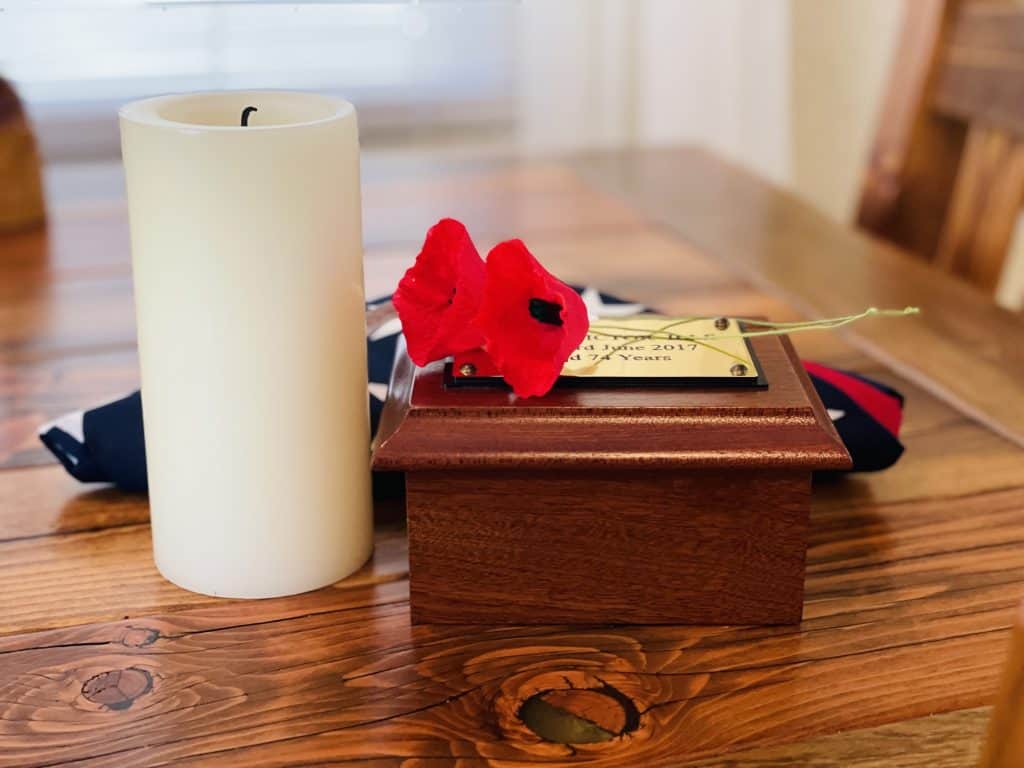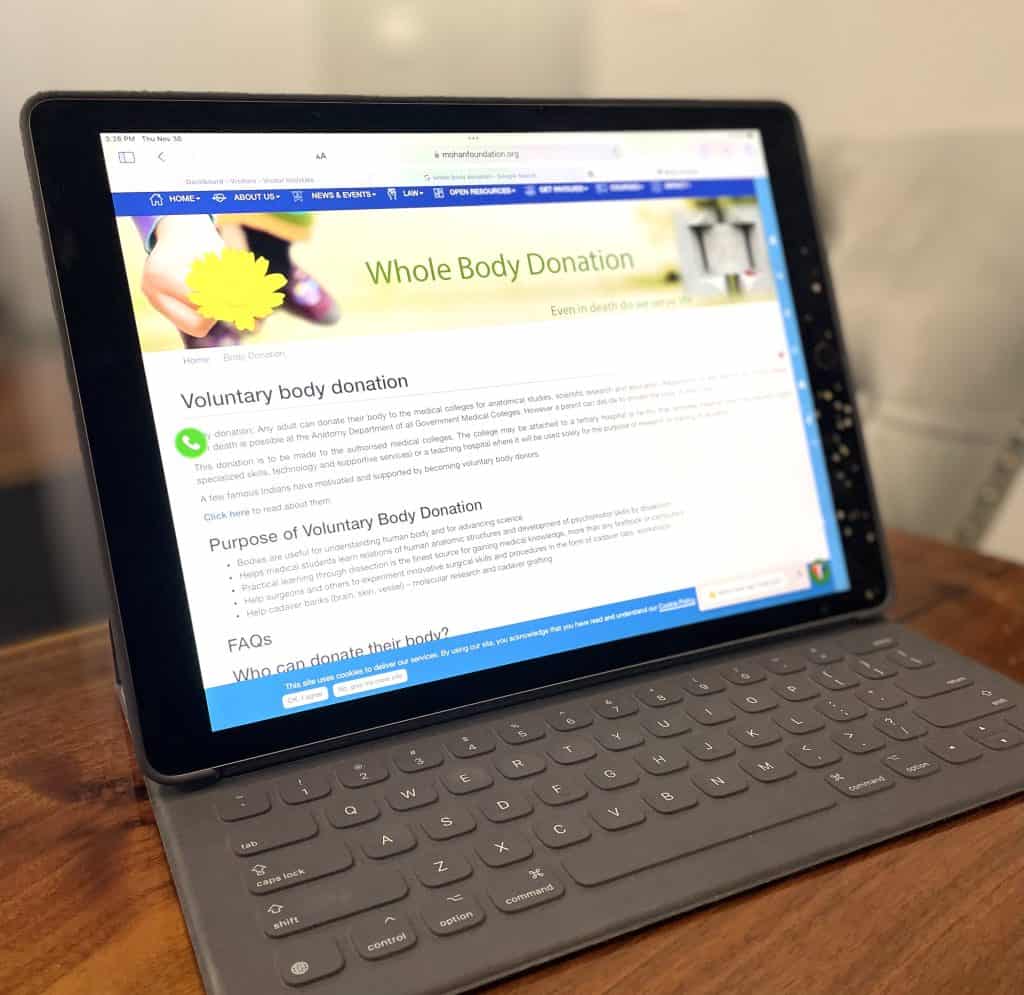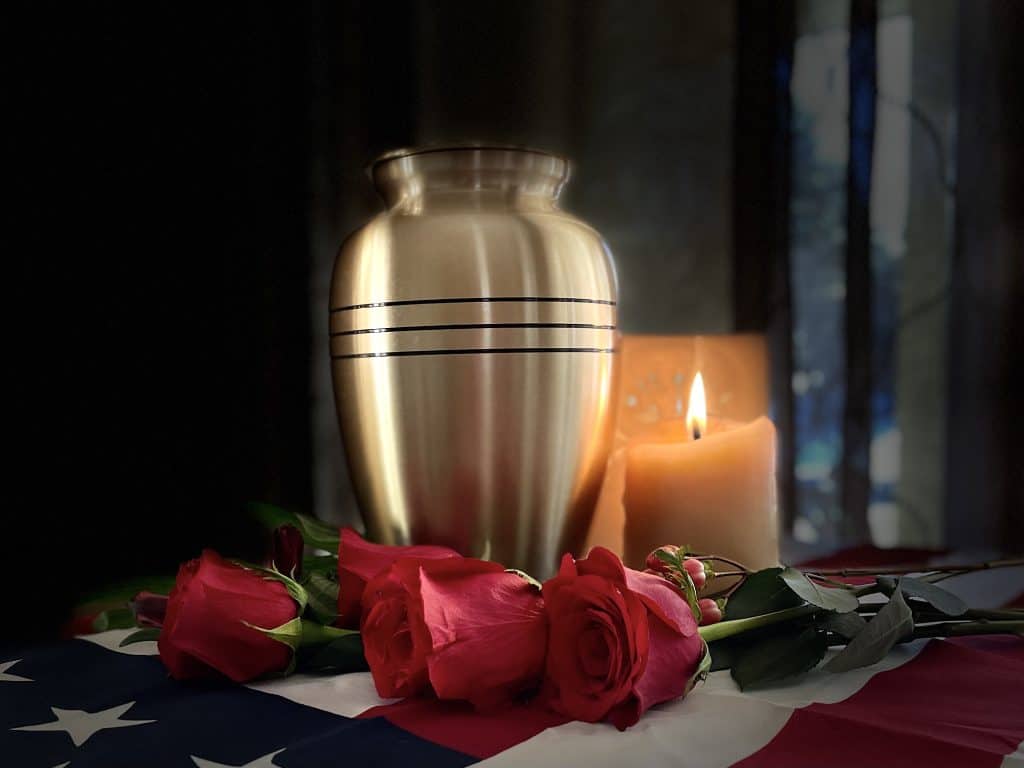This guide will help you understand cremation costs in North Carolina. We have included a price comparison for cremation services across major cities, practical tips for saving money, and essential information for arranging a cremation service in North Carolina.
As more families turn to direct cremation in North Carolina as a more affordable and flexible alternative, it’s important to explore the various options available. Deciding on the right cremation service for your needs is a crucial step in planning.

How much does cremation cost in North Carolina?
Firstly, let us mention that the cost of cremation service can vary significantly. This can depend on the type of cremation service you opt for, ancillary services, and the service provider selected.
Funeral homes can still be notoriously poor at divulging their prices online or by phone, but according to the FTC Funeral Rule should furnish you with a General Price List (GPL) or pricing on cremation service packages when you make inquiries.
A cremation service can cost from $995 to $4,800, depending on the package you opt for and the funeral home you select.
Best direct cremation prices by city in North Carolina
To help you determine how cremation costs compare and what you can expect to pay for a direct cremation in North Carolina, we have outlined below a table of average direct cremation prices by city.
| CITY | AVERAGE PRICE | BEST PRICE (DFS) | CALL NOW (DFS) |
|---|---|---|---|
| Charlotte | $1,768 | $995 | (704) 233-7037 |
| Raleigh | $2,154 | $995 | (919) 213-7889 |
| Greensboro | $1,940 | $995 | (336) 223-5180 |
| Durham | $2,154 | $1,345 | (919) 213-7889 |
| Winston-Salem | $1,940 | $995 | (336) 223-5180 |
| Wilmington | $2,102 | $1,295 | (910) 212-6383 |
For cremation costs in other areas of North Carolina – visit DFS Memorials North Carolina for cremation prices and locations.
What is the least expensive cremation option?

Direct Cremation is the least expensive cremation disposition option. It is a basic service package in which the deceased is collected and cremated, and the cremated remains are returned directly to the legal next of kin. The funeral service provider conducts no ceremony.
The cremation is completed, and the cremation ashes are made available to the family or mailed by USPS Priority mail. All arrangements can be made without the next of kin needing to visit a funeral home, and over 40% of funeral homes offer online arrangements on their websites today.
Once the family has the cremation ashes, they can arrange to hold their own Memorial Service. This minimal and economical disposition service by a funeral home helps to save on funeral costs. It also enables the family to have more control over when and where to memorialize the deceased.

Can I expect any additional charges to a basic direct cremation package?
Generally, a direct cremation package should include the following:
- Basic Services of the Funeral Director
- Collection of the deceased (may be an additional charge if outside a specific service area)
- Refrigerated storage of the deceased until cremation
- Completion and filing of required documents, authorizations, and permits
- A basic cremation container
- The cremation
- A temporary urn for returning the cremation ashes.
Additional fees are usually ‘third-party’ charges for county fees such as the cremation permit and death certificates. However, note that some service packages may include the permit fee and one death certificate.
Extra charges you can encounter could be:
- Additional mileage charge for collection outside of the basic service area
- A charge for a residential collection (as this usually requires extra man-power)
- For removal of a pacemaker (or other combustible medical devices)
- Extra charge for a barometric (overweight) cremation
You need to decide how many copies of the death certificate you need. It is usually helpful to have more than one for closing the deceased’s estate and probate. Often, it is easier and less expensive to order multiple copies at the time of filing for the death certificate.
Will the state of North Carolina pay for a cremation? Is there any assistance to help me pay for a cremation?

Financial assistance for funeral expenses is very limited. North Carolina has no state-run program, although some counties may provide a budget to assist welfare or low-income individuals.
A County is responsible for handling indigent funerals, but this is usually the most basic service.
There is a $255 Social Security lump-sum death benefit payment (if the deceased qualifies), and the funeral director will usually assist in claiming this. Some funeral service providers will offer discounts for Veteran or Hospice patients.
Contact your local county Social Services Department to learn more about county support towards cremation costs. You can use this map from North Carolina DSS to find contact details for each County.
Families seeking assistance with funeral costs in North Carolina can explore some of the options below. Eligibility requirements will differ between agencies and organizations.
Department of Military & Veterans Affairs – Veterans and Military personnel are entitled to certain funeral benefits, including a free burial plot or cremation niche. The North Carolina main Veteran Affairs office is at 413 North Salisbury Street, Raleigh, NC 27603.
The American Red Cross works with military aid agencies to assist military families in times of hardship.
Victim Compensation Services, managed by the North Carolina Department of Public Safety, offers reimbursement to residents who lose a loved one as a victim of crime. Contact: 512 North Salisbury Street, Raleigh, NC 27604
Local Charities and Churches—There are NC charitable organizations that may offer some assistance with funeral costs. Findhelp.org is a resource for organizations in North Carolina that may help with cremation costs.
Some churches also offer reduced burial fees for members of the congregation. Many church leaders have extensive contacts within their community to help support and assist families when they are coping with a death.
Carson’s Village offers Sudden Loss Support.
Pinetop Assistance League (PAL) from The Pinetop Perkins Foundation provides financial assistance to elderly musicians.
How to arrange a “no-cost” cremation in North Carolina.

You could also consider a whole-body donation in North Carolina, where the Experience Anatomy Foundation, based in Charlotte, offers a free cremation to those who donate their bodies to science.
Visit our article on Body Donation and click on the link for Experience Anatomy to learn more.
What laws must you know to conduct a cremation in North Carolina?

As cremation is such a final disposition, strict laws govern the authorization and cremation process. The legal next of kin must sign the authorization to cremate the body before the coroner can issue a cremation permit.
If there are multiple next of kin, such as siblings, then ALL must agree to and sign off on the cremation authorization.
If preplanning a cremation, an individual can pre-sign the required authorization forms, making things much easier for surviving families when the time comes.
A mandatory waiting period of 24 hours must elapse following the death before a cremation can be performed. However, it usually takes a few days to get all the paperwork for a cremation.
What are the requirements and process for conducting a direct cremation in NC?

Conducting a direct cremation is a simple and straightforward process in North Carolina. Here’s how it typically works:
1. Transportation of the deceased: Once the person passes away, their body is transported from the place of death to the crematory by a licensed funeral director.
2. Documentation and authorization: The funeral director will obtain the necessary documentation and authorization from the family or their legal representative, including a death certificate and any required permits.
3. Preparation for cremation: The body is prepared for cremation by removing any medical devices or non-combustible materials. The deceased may be placed in a simple container, such as a cardboard casket or alternative container, suitable for the cremation process.
4. Identification and labeling: The deceased is identified and labeled with a unique identification number to ensure proper tracking throughout the cremation process.
5. Cremation process: The deceased (in the alternative container) is placed in a cremation chamber, also known as a retort, which is heated to a high temperature (typically around 1,600 to 2,000 degrees Fahrenheit) using flames, gases, or a combination of both. This process reduces the body to bone fragments, that are known as cremated remains or ashes.
6. Cremation Ashes retrieval: After the cremation process is completed and the remains have cooled, the ashes are carefully collected from the chamber. Any metal or other non-combustible items, such as surgical implants or jewelry, are removed from the ashes.
7. Ashes processing and packaging: The ashes are processed to ensure that they are finely ground and free of any remaining fragments. The processed ashes are then placed in a temporary container or an urn, as chosen by the family or provided by the funeral home.
8. Return of ashes to the family: The funeral director returns the ashes to the family or arranges for their collection. The family can then decide how they wish to handle the ashes, whether it’s keeping them at home, scattering them in a meaningful location, or interring them in a cemetery.
It is important to note that the specific process may vary somewhat depending on the particular funeral home or crematory you choose in North Carolina. Although NC funeral legislation governs strict standards, all licensed crematories in the State maintain rigorous standards.
How long does cremation take in North Carolina?
As mentioned above, it will likely take 3-7 days before a cremation can proceed. It can take longer if there is any delay in completing authorizations or obtaining the death certificate and cremation permit.
The cremation process usually takes 3-5 hours to complete. However, this varies depending on the cremation retort machinery, the weight of the deceased, and the time of day the cremation is conducted.
Is Water Cremation or Aquamation available in North Carolina?

Yes, water cremation is legal and available. It is a little more expensive than flame cremation but is much greener, with a significantly lower carbon output.
To learn about Water Cremation and its benefits – visit our Guide to Aquamation or Resomation.
There are three Aquamation Service Providers in NC located in Hillsborough, Shelby, and Wilmington. The price for a water cremation service varies between $1,995 and $2,500.
Where can I legally scatter cremation ashes?

The scattering of cremated remains is still somewhat an unregulated practice. Cemeteries may offer scattering gardens but will charge you for the service. If you wish to scatter your loved one’s ashes somewhere scenic, public, and special, you must follow certain dispersal guidelines and check any public land permit rules.
Visit our Complete Guide to Scattering Cremated Remains for tips on how to scatter, rules and regulations on where you can scatter safely, and ideas about creative ash scattering memorial tributes.
For further reading about Cremation Services, we have an Ultimate Guide to Cremation and a section with Resources for Arranging a Cremation.
For further reading about arranging a funeral or cremation – visit our North Carolina Funeral Planning Guide.

